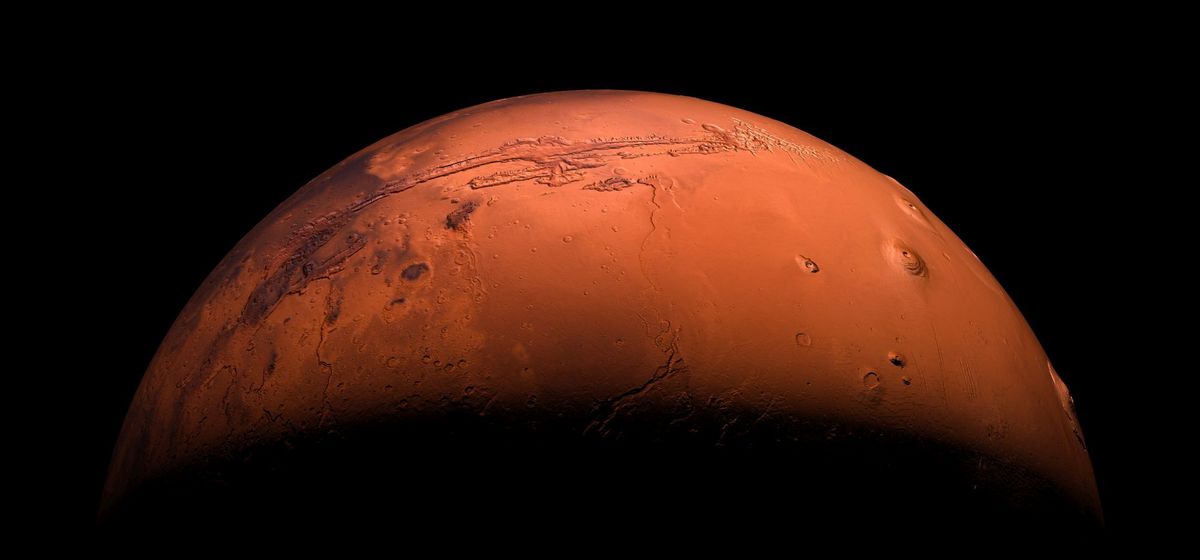Crusoe figures appear in many forms: ship-wrecked astronauts, castaway mariners or survivors of the apocalypse. Their stories are concerned with what it takes to sustain life in involuntary isolation, struggling against various socio-environmental pressures. This dissertation focuses primarily on science and posapocalyptic fiction after the ecological turn.
Project description
Since its publication, Daniel Defoe’s novel Robinson Crusoe (1719) served as a key intertext for a large body of cultural artefacts, and continues to do so today. By reproducing, reimagining and/or subverting key elements and charging them with layers of discourse “each age […] reveals the Robinsonade that best fits its needs” (Fisher 2018, S. 104). Yang has identified an “ecological turn in the contemporary Robinsonade“ (2018, S. iii; cf. Lipski 2022, S. 6). This dissertation concurs with this assessment, and offers further evidence for the significance of environmental concerns within the genre. It is predominantly concerned with how stories of insular isolation relate to a complex hyper-globalized world and the manifold socio-environmental and technological transformations on a planetary scale. The corpus of novels, films and videogames is analysed from an adaptation studies perspective, highlighting the diachronic complex filtration of castaway narratives (cf. Sanders 2015, S. 33) in their socio-cultural environment.
The ecological turn entails an amplification of sustainability discourse and the emphasis of the relationship between castaway(s) and the environment. More precisely, in reconfiguring senses of place the contemporary robinsonade functions as an allegorical model for more complex global entanglements, ultimately extrapolating from a local sense of place to a global sense of planet. In a sense these texts appear to distil evolutionary stable strategies needed to sustain human life. Reading postapocalyptic Crusoe stories as planetary shipwrecks further substantiates notions of environmental extrapolation. In stories of irrevocable isolation, the myth of apocalypse joins together with a foundational myth of Western civilization (cf. Kinane 2017, S. 7) to evoke a questionable sense of endlessness. At the limits of sustainability, fairy-tales of perpetual growth and endless exploitation of natural resources reveal humanity’s collective yearning for immortality (cf. Bergthaller 2017, S. 196–197).
Ultimately, survival appears futile without a chance to flourish. And to do so requires castaways to preserve knowledge for posterity. Yet these stories themselves encode within them a meta-discursive tradition of the robinsonade form (cf. Kinane 2017, S. 217–218) where deserted islands become “fictional site[s] of memory” (Hebel 2010, S. 48–49) and “cultures create a contract between [those cast away], the dead, and the not yet [cast away]” (Assmann 2010, S. 97). In this light, Crusoe stories after the ecological turn speak to salient ecological concerns and provide the space for the complex intergenerational negotiations necessary due to environmental crises on a planetary scale.
Corpus of primary texts
- Andy Weir’s novel The Martian (2014) and its film adaptation
- Yann Martel’s novel Life of Pi (2001)
- Terry Pratchett’s Nation (2008)
- TV series The 100 (2014-2020)
- Netflix’ series The I-Land (2019)
- Netflix’ Lost in Space (2018-2021)
- J.J. Abrams’ TV-series Lost (2004-2010)
- Claire Denis’ High Life (2018)
- Facepunch Studios’ videogame Rust (2013)
- Unknown Worlds Entertainment’s videogame Subnautica (2018)
Talks and Publications
In July 2022, early findings were presented at the conference “Novel Histories: New Approaches to Eighteenth-Century Fiction” at the Eberhard-Karls-Universität Tübingen. The talk “Robinson Crusoe – but on Mars: Investigating Intertextuality in Andy Weir’s The Martian (2014)” served as the basis for a paper published in the Zeitschrift für Anglistik und Amerikanistik (ZAA).
At the BritCult Conference 2022, the overall thesis and approach was presented at the postgraduate forum at the University of Salzburg in Austria and received valuable input from distinguished scholars of the field of British Cultural Studies.
In May 2023, the DFG project served as foundation for the talk “Climate Anxiety and Existential Fear in Postapocalyptic Adaptations of Daniel Defoe’s Robinson Crusoe (1719)” at the Anglophonia Conference “Endlessness” hosted by the University of Zagreb, Croatia.
